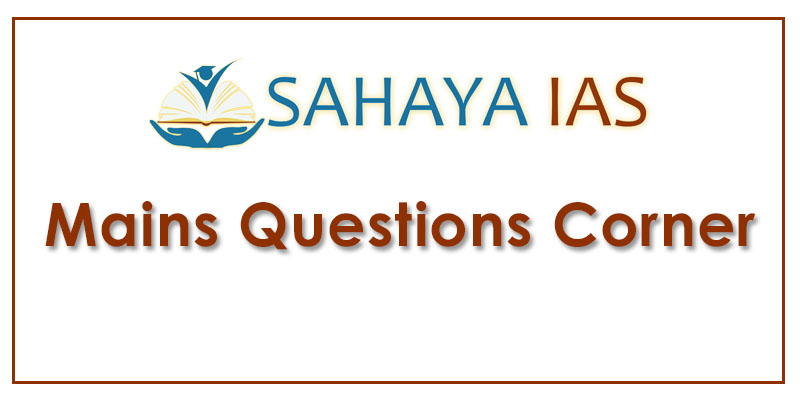Deportation of refugees is legally and morally problematic
- In Januarys, the UN High Commissioner for Refugees (UNHCR) called for a report from India on the deportation of a group of Rohingya refugees to Myanmar in October 2018.
- India’s repatriation of the refugees contravenes international principles on refugee law as well as domestic constitutional rights.
Global framework
- Refugee law is a part of international human rights law.
- In order to address the problem of mass inter-state influx of refugees, a Conference of Plenipotentiaries of the UN adopted the Convention Relating to the Status of Refugees in 1951.
- This was followed by the Protocol Relating to the Status of Refugees in 1967.
- One of the most significant features of the Convention is the principle of non-refoulement.
- This idea of prohibition of expulsion lies at the heart of refugee protection in international law.
- It is often argued that the principle does not bind India since it is a party to neither the 1951 Convention nor the Protocol.
- However, the prohibition of non-refoulement of refugees constitutes a norm of customary international law, which binds even non-parties to the Convention.
- Article 14 of the Universal Declaration of Human Rights provides that everyone has the right to seek and enjoy in other countries asylum from persecution.
- Moreover, Article 51 of the Constitution imposes an obligation on the state to endeavour to promote international peace and security.
- Article 51(c) talks about promotion of respect for international law and treaty obligations.
- Therefore, the Constitution conceives of incorporation of international law into the domestic realm.
- Thus the argument that the nation has not violated international obligations during the deportation is a mistaken one.
Domestic obligations
- The chapter on fundamental rights in the Constitution differentiates citizens from persons.
- While all rights are available to citizens, persons including foreign citizens are entitled to the right to equality and the right to life, among others.
- The Rohingya refugees, while under the jurisdiction of the national government, cannot be deprived of the right to life and personal liberty.
- According to the UN, the Rohingya issue is one of systematic and widespread ethnic cleansing by Myanmar.
- India lacks a specific legislation to address the problem of refugees, in spite of their increasing inflow.
- The Foreigners Act, 1946, fails to address the peculiar problems faced by refugees as a class.
- It also gives unbridled power to the Central government to deport any foreign citizen.
- Further, the Citizenship (Amendment) Bill of 2019 strikingly excludes Muslims from its purview and seeks to provide citizenship only to Hindu, Christian, Jain, Parsi, Sikh and Buddhist immigrants persecuted in Bangladesh, Pakistan and Afghanistan.
- The majority of the Rohingya are Muslims.
- This limitation on the basis of religion fails to stand the test of equality under Article 14 of the Constitution and offends secularism, a basic feature of the Constitution.



Comments (0)